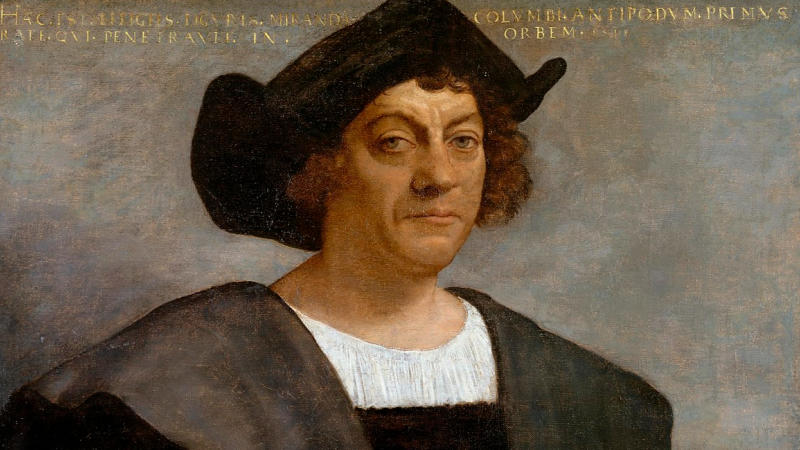Published 08:04 IST, October 14th 2024
Christopher Columbus's Origins Verified After 500 Years, Study Reveals He Was Jewish
Contrary to the long-standing belief that Columbus was an Italian from Genoa, recent DNA analysis suggests that he may have been a Spanish Jew.

New Delhi: A 20-year genetic investigation has led to new revelations about Christopher Columbus, one of history's most renowned explorers.
Contrary to the long-standing belief that Columbus was an Italian from Genoa, recent DNA analysis suggests that he may have been a Spanish Jew.
Researchers believe he was forced to conceal his identity due to the frequent religious persecution at the time.
The study, led by forensic expert José Antonio Lorente from the University of Granada, involved the examination of Columbus’s remains, as well as those of his son, Fernando Colón.
The genetic analysis found traces of both Y-chromosome and mitochondrial DNA that are “compatible” with a Jewish origin.
Lorente explained that Columbus’s DNA pointed toward the Spanish Mediterranean region, particularly the city of Valencia or the Balearic Islands, which were part of the Kingdom of Aragón during his lifetime.
This finding is contrary to the traditional theory that Columbus hailed from Genoa; a claim that has been widely disputed by historians for centuries.
More than 25 different theories have emerged regarding his birthplace, with suggestions ranging from Poland to Great Britain, Greece, Portugal, and even Scandinavia.
The genetic evidence, however, narrows Columbus’s origins to Spain, particularly in regions where Jewish communities flourished before their expulsion in 1492.
Columbus's story has long been associated with that of Spain’s Catholic Monarchs, Ferdinand and Isabella, who funded his expedition to the New World.
His arrival in the Caribbean on October 12, 1492, marked the beginning of European colonization, which brought devastating consequences for the indigenous populations.
The timing of these new revelations is particularly significant, as they were announced on Spain’s National Day, which commemorates Columbus’s historic voyage.
Professor Lorente emphasized that while the findings are “almost absolutely reliable,” there remain some uncertainties. The DNA evidence points to the Spanish Mediterranean region, but without concrete proof of Columbus's exact birthplace. Still, the study offers a fascinating new perspective on a figure whose life and legacy continue to captivate the world.
The day celebrates the explorer's arrival in the Americas.
Updated 08:11 IST, October 14th 2024




